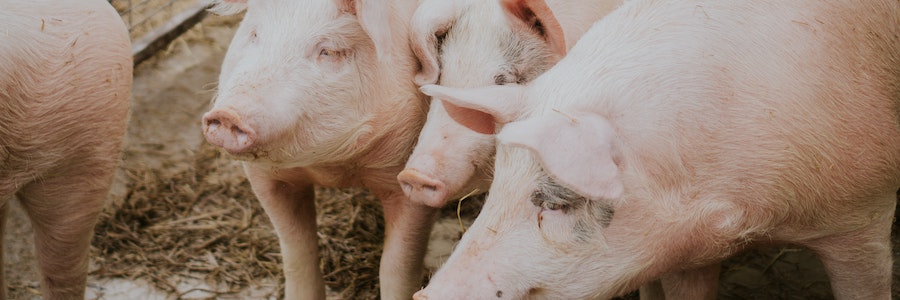In 2018, California voters passed Prop 12. Formally known as the Farm Animal Confinement Initiative or the Prevention of Cruelty to Farm Animals Act, CDFA explains on its website this law requires that “covered animals be housed in confinement systems that comply with specific standards for freedom of movement, cage-free design and minimum floor space, and identifies covered animals to include veal calves, breeding pigs and egg-laying hens, as specified. HSC section 25990 prohibits a farm owner or operator from knowingly causing any covered animal to be confined in a cruel manner, as specified, and prohibits a business owner or operator from knowingly engaging in the sale within the state of shell eggs, liquid eggs, whole pork meat or whole veal meat, as defined, from animals housed in a cruel manner.
In addition to general requirements that prohibit animals from being confined in a manner that prevents lying down, standing up, fully extending limbs or turning around freely, the measure added detailed confinement space standards for farms subject to the law.”
The law was sponsored by the Humane Society and approved by 63% of voters back in 2018.
The law raised concerns from producers to retailers in and out of California. Something that most voters didn’t fully understand would hurt the food supply and farming operations throughout the country. Additionally, many producers agree that the law doesn’t hold up to science. Pig producers use gestation crates to allow sows the chance to recover after giving birth, while protecting their piglets when they nurse, and limit aggression. Pigs are known for laying on and suffocating their offspring, and the use of gestation crates is used for only a few weeks at a time.
However, this type of movement away from crates isn’t novel. Many countries, according to California Proposition 12, the Farm Animal Confinement Initiative FAQS about Pigs published by UC Davis, and 10 U.S. states, already have bans on gestation crates. Major companies, such as McDonald’s, Smithfield, and Costco, have all committed to buying pork products from gestation crate-free farms.
On a Prop 12 FAQ sheet posted on the CDFA website, it states that there are Two deadlines outlined in Proposition 12 “with the first requiring egg-laying hens to be housed with a minimum of 144 square inches per hen and calves raised for veal housed with a minimum of forty-three square feet per calf by January 1, 2020. The second deadline of requirements goes into effect January 1, 2022 for egg-laying hens to be housed cage-free and breeding pigs raised with twenty-four square feet per pig.”

Shortly before the 2022 deadline, Seaboard Foods announced it would limit certain pork supplies sold in California. Seaboard Foods is one of the largest pork producers in the nation.
Hormel Foods commented on the law, stating they plan to comply with the rules and they are committed to serve California consumers and customers, but they admitted there would be complex problems towards their supply chain and added costs to comply.
The company added, “As a global branded food company, we have a broad range of products that we currently sell in the state of California – from SKIPPY peanut butter to WHOLLY guacamole. Proposition 12 impacts the company’s fresh pork business.
Hormel Foods is currently working with its supply chain to implement internal processes for segregation and SKU expansion. We are currently working through supply and logistics planning surrounding affected products but expect a full range of Proposition 12-compliant products to be available in both retail and foodservice.”
Pork producers, retailers, grocery stores, and restaurants have all sued to block prop 12 stating different, but concerning reasons.
Pork Business shared that producers argue that this law “is an extraterritorial regulation that violates the Supreme Court’s dormant Commerce Clause doctrine. The court has repeatedly held that a state may not directly regulate commerce conducted entirely in another state even if it has cross-border ‘effects.’”
Meanwhile, grocery stores and restaurants state that a “‘disconnect’ between the bill approved by voters three years ago and the way the state is carrying it out will cause compliance chaos for all affected industries, especially the pork supply chain, which it says will face “substantial disruptions,” potentially including an abrupt stop to pork sales.”
Producers petitioned for the case to be heard by the U.S. Supreme Court, and are hopeful that it will be accepted but as of the date this article was written, there was no update on whether it was accepted or not.







